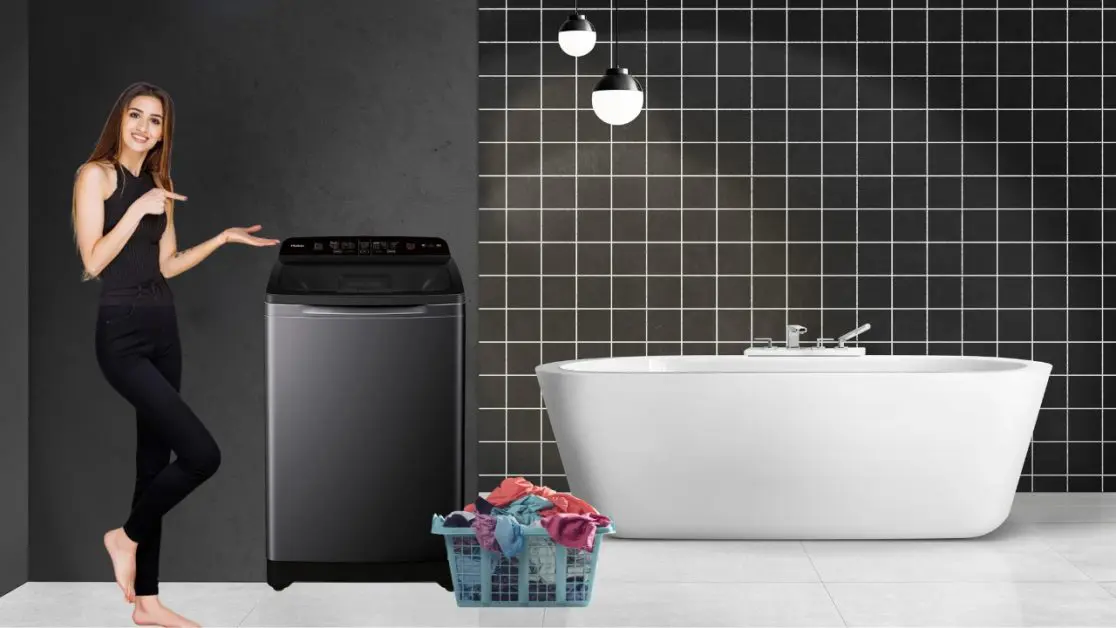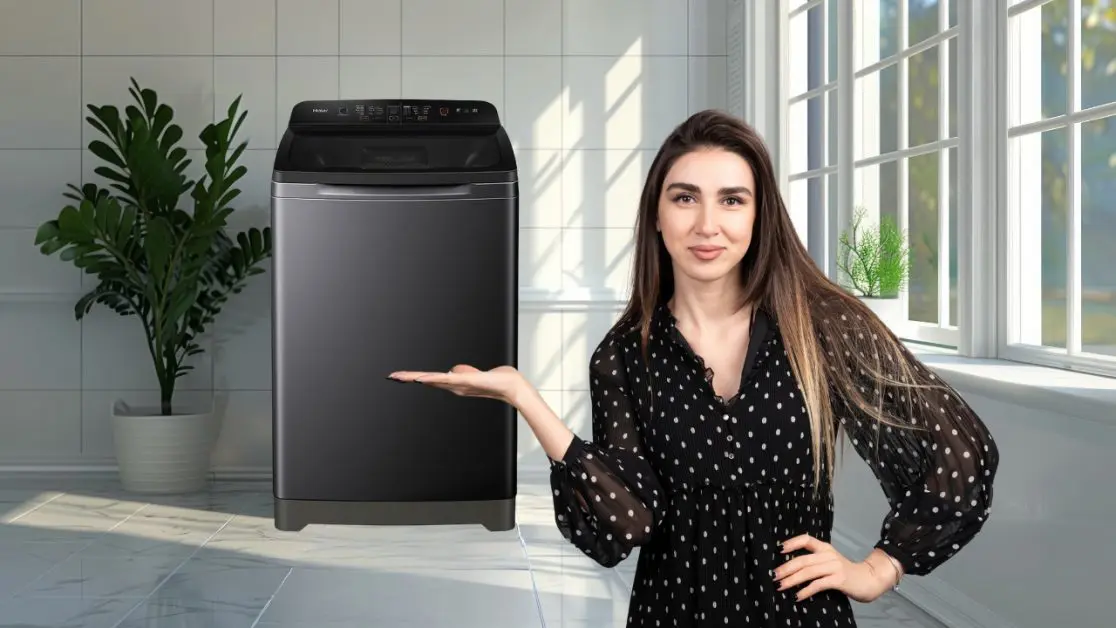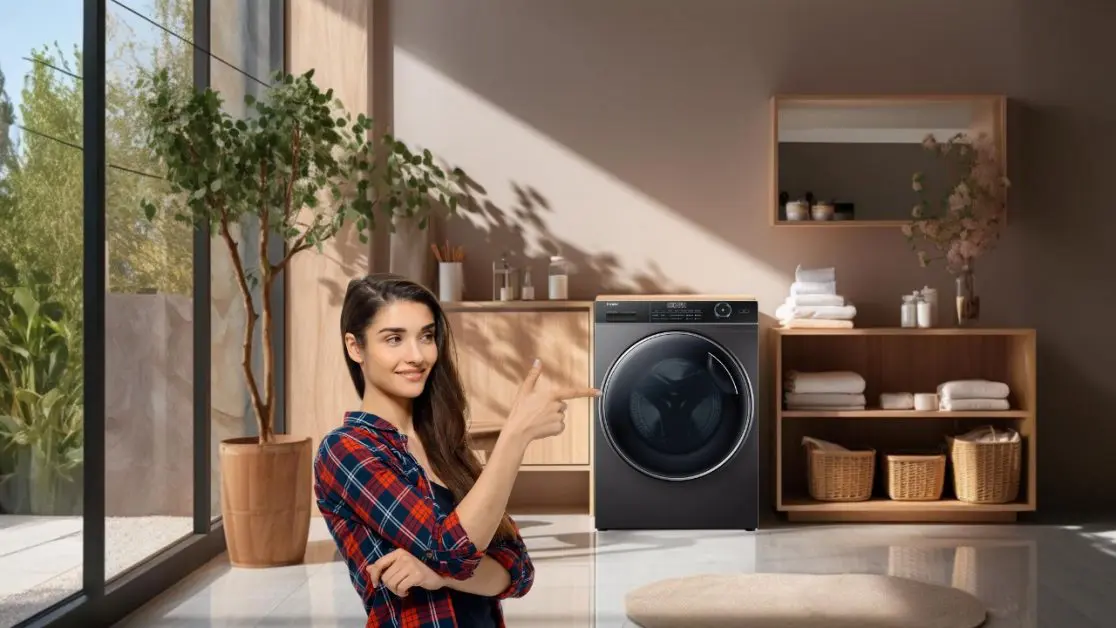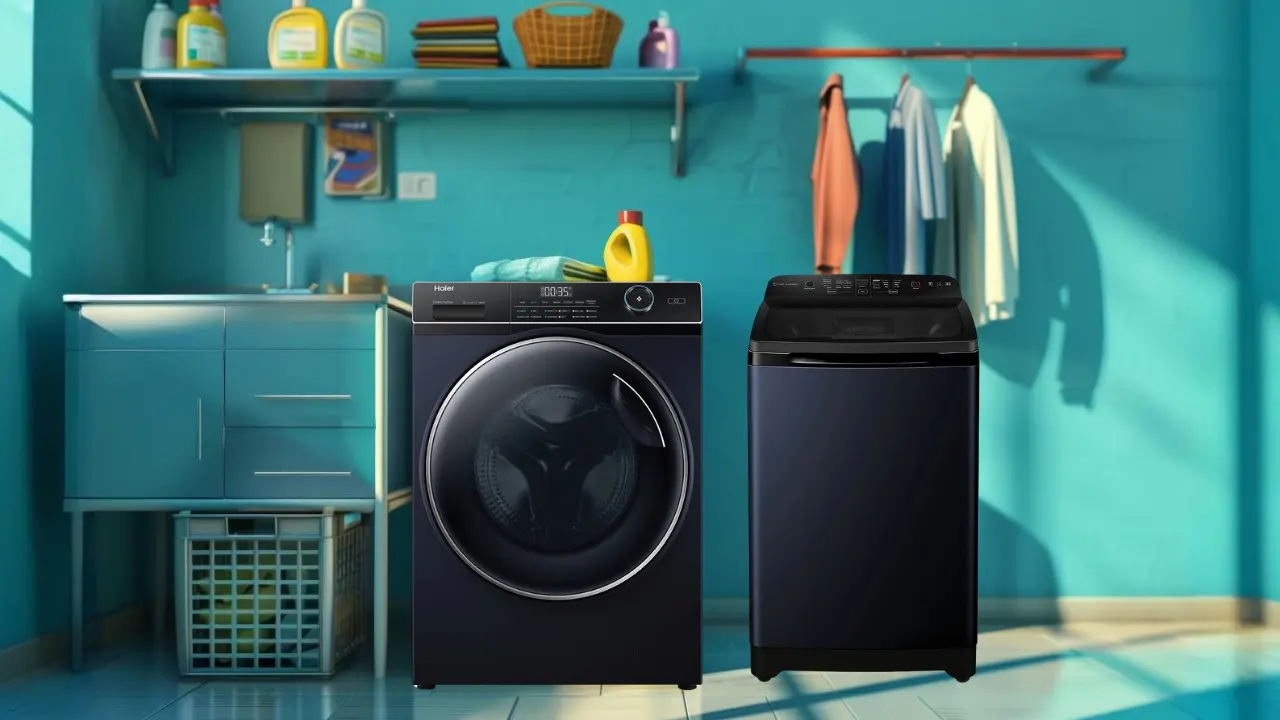When purchasing a new washing machine, understanding the significant lifespan differences between top-load and front-load models is crucial.
Imagine having a washing machine that not only cleans your clothes effectively but also serves your family faithfully for over a decade, requiring minimal repairs and maintenance. Or consider the frustration of dealing with recurring issues, seal replacements, and potential mold problems just a few years into your investment. These scenarios represent the real-world implications of choosing between top-load and front-load washers.
While both types will clean your laundry effectively, their durability, mechanical design, and maintenance requirements vary considerably.
Let’s explore how these differences impact their longevity and overall value.
Lifespan – The Critical Difference

The most notable distinction between these washer types lies in their expected lifespan. Top-load washers consistently demonstrate superior longevity, typically lasting 10-15 years with proper maintenance. In contrast, front-load washers generally serve 7-10 years before requiring replacement. This difference stems from three key factors:
- Mechanical Simplicity: Top-loaders feature a straightforward design with fewer moving parts, reducing potential failure points.
- Seal Design: Top-loaders avoid the common failure point of door gaskets that plague front-loading machines.
- Bearing Durability: The vertical drum orientation in top-loaders places less gravitational stress on bearings compared to front-loaders’ horizontal configuration.
Top-Load Washers – Built for Durability
Top-load washers have stood the test of time, offering two variants: conventional models with center agitators and high-efficiency (HE) models with low-profile impellers. Their vertical drum design prioritizes longevity through simplified mechanics.
Advantages of Top-Load Washers:
- Superior lifespan (10-15 years with proper maintenance)
- Lower initial cost
- Minimal maintenance requirements
- Comfortable waist-height access
- Mid-cycle garment addition capability
- Shorter wash cycles (30-60 minutes)
- No door seal complications
- Straightforward repair process
Disadvantages of Top-Load Washers:
- Higher water consumption
- Lower energy efficiency
- Accessibility issues for shorter users
- Non-stackable design
- Potential clothing wear from agitators
- Larger footprint requirement
Front-Load Washers – Modern Features with Shorter Lifespan
Front-load washers represent newer technology, featuring horizontal drums that provide gentle yet effective cleaning. Despite advanced features, their complex design impacts longevity.
Advantages of Front-Load Washers:
- Excellent energy and water efficiency
- Gentler cleaning action
- Superior cleaning performance
- Larger capacity
- Stackable configuration
- Higher spin speeds
- Advanced cycle options
- Contemporary design
- Accessible when elevated
Disadvantages of Front-Load Washers:
- Shorter lifespan (7-10 years)
- Higher purchase cost
- Complex mechanical system
- Regular gasket maintenance
- Mold and odor susceptibility
- Longer cycle times (60-90 minutes)
- Limited mid-cycle access
- Costly repairs
- Accelerated bearing wear
Understanding the Longevity Factor

Mechanical Design Impact Top-loaders’ endurance advantage stems from their simpler design. The vertical drum alignment naturally supports the weight distribution, reducing stress on components. Front-loaders face continuous bearing strain due to their horizontal orientation, leading to faster wear.
Key Maintenance Factors Affecting Lifespan
Top-Load Washers:
- Basic monthly cleaning
- Simple filter maintenance
- Minimal specialized care
- Infrequent balance adjustments
Front-Load Washers:
- Regular gasket cleaning and drying
- Monthly drum cleaning
- Precise detergent measurement
- Frequent mold prevention
- Regular bearing maintenance
Cost Implications of Lifespan Differences
Initial Investment:
- Top-loaders: Lower upfront cost plus longer lifespan
- Front-loaders: Higher initial cost with shorter service life
Operational Costs:
- Top-loaders: Higher utility bills but lower maintenance expenses
- Front-loaders: Efficient operation but increased maintenance needs
Repair Considerations:
- Top-loaders: More affordable, simpler repairs
- Front-loaders: Complex, costly repairs
Comparative Lifespan Analysis
| Parameter | Top Load Washer | Front Load Washer |
| Average Lifespan | 10-12 years | 12-15 years |
| Maintenance Complexity | Lower | Moderate |
| Repair Frequency | Less frequent | More precise interventions |
| Component Stress | Higher mechanical stress | Gentler washing mechanism |
Making the Right Choice with Haier India

Making an Informed Choice
Consider these factors when deciding:
Longevity Priority: If durability is paramount, top-load washers offer clear advantages with their 10-15 year lifespan and simpler maintenance requirements.
Efficiency vs. Durability: While front-loaders excel in efficiency, their shorter lifespan (7-10 years) and higher maintenance needs should factor into the decision.
Space and Budget:
- Limited space: Front-loader’s stackability may outweigh longevity concerns
- Budget focus: Factor in both purchase price and expected service life
- Accessibility needs: Consider user height and mobility requirements
Explore Haier India’s comprehensive range of washing machines, where cutting-edge technology meets reliability. Visit your nearest Haier home appliances showroom or explore online platforms to discover washing solutions tailored to your unique requirements.
Experience the perfect blend of innovation, efficiency, and durability with Haier, your trusted partner in home technology.
With strategic selection and proper maintenance, your washing machine can be a dependable companion for years, transforming your laundry experience one cycle at a time.

